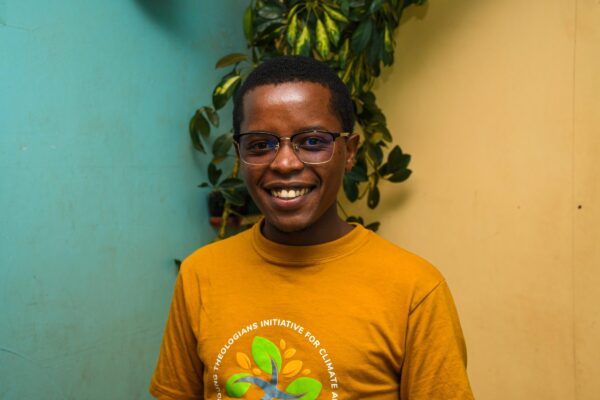
Ramadan
On the 22nd of March the Ramadan begins, a month in the Islamic calendar. Ramadan is considered holy and Muslims fast during this month. This means that they do not eat, drink nor have intimate contact from Fajr (morning prayer around sunrise) until Maghrib (evening prayer at sundown). Fasting is one of the five pillars of Islam, which are the most fundamental practices in Islam. During the month ramadan Muslims take the time to meditate, pray, repent and come closer to God. The focus in this month is on the spiritual, and less on the corporal.
Every night Muslims break their fast which is called Iftar. After Iftar many head to the mosque to pray that night. The whole month of Ramadan is a special one, but one night trumps the others: Laylat Al-Qadr, which roughly translates to The Night of Fate. During this night, Gabriel revealed the Quran to the prophet Muhammad. Muslims are recommended to pray and perform Dua (supplication), as during this night the ‘fate’ of the rest of the year will be decided, and by praying Muslims might be able to influence their fate. The Ramadan, and other months in the Islamic calendar, are either 29 or 30 days, which means that it is not always clear when it starts and when it ends. This also means that not every Muslim aound the world starts and ends the Ramadan on the same day. The first day of the next month, Shawwal, is when Muslims celebrate the end of the holy month, this day is called Eid al Fitr (celebration of the breaking of fast). Many gather with family, neighbours and friends to perform Eid prayer and eat together.
written by: Selma Boulmalf, Master Student Peace, Trauma and Religion









